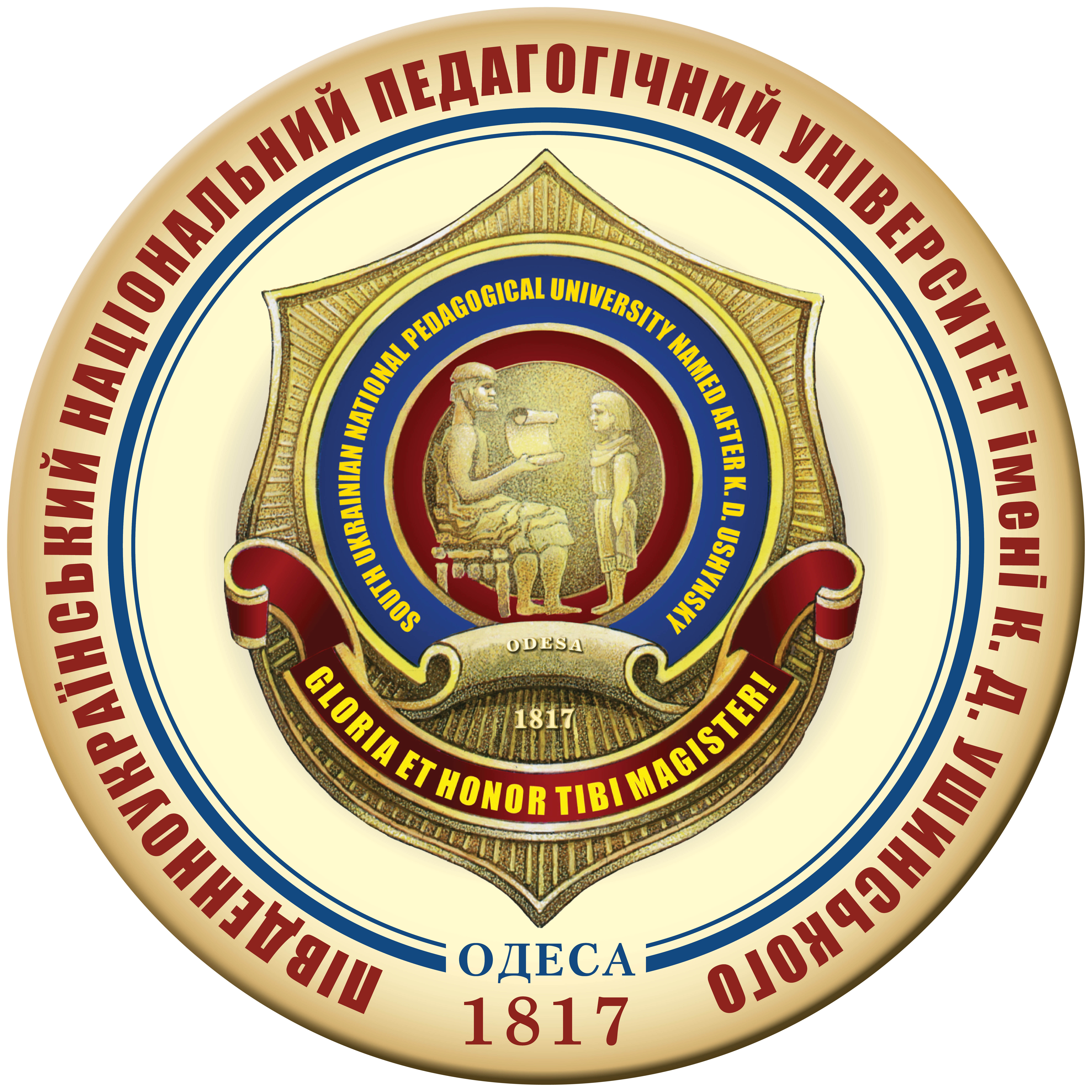CONSTRUCTION OF PRACTICAL OPTIONS OF THE COGNITIVE COMPONENT OF THE PEDAGOGICAL MODEL OF THE TRAINING OF FUTURE TEACHER COACHES
DOI:
https://doi.org/10.24195/olympicus/2023-3.11Keywords:
algorithm, cognitive component, competencies, construction, model, training, trainerteacher.Abstract
The article examines the scientific and methodological aspects of optimizing the process of professional training of trainers-teachers based on the use in the educational process of the method of constructing practical variants of the cognitive component of the pedagogical model of training specialists in the form of algorithmized educational tasks. The analysis of the works of scientists proves the absence of an effective model of building an educational trajectory for the training of teacher trainers in specialized educational institutions. During the training of trainers-teachers, one of the leading and independent subjects of knowledge acquisition should be systems of specific and logical methods of mental activity. Therefore, innovative methods and technologies for the formation of knowledge, abilities and skills play a special role in the learning process. The purpose of the work is the theoretical and methodological substantiation of the need to optimize the process of professional training of future trainers-teachers based on the application of the method of constructing practical variants of the cognitive component of the pedagogical model of training specialists in the form of algorithmized training tasks. Research methods: theoretical and methodological research of scientists, classification, theoretical modelling, clarification of cause and effect relationships, observation, methods of comparison, synthesis, analysis. Discussion. In the system of training a modern specialist, issues of integration and differentiation of scientific knowledge play a leading role. The specified processes are manifested in the need to combine the planning of the content of the training of trainers-teachers with a mandatory orientation to the final results of training, to the multifunctional activity of specialists, which is a rather difficult category during the implementation of the current model of a narrow focus of training in the aspect of solving the tasks of the formation of professional competencies. To construct practical variants of the cognitive component in the form of algorithmized learning tasks, we offer a special approach, which is concluded in the following. At the first stage, systems of main ideas, laws, provisions (invariants) are distinguished, which retain their meaning and content in all parts of phenomena, facts and subject areas. The specified invariant part forms the so-called fundamental theoretical core. Based on it, the subject-specific components are designed, which are focused on the assimilation of professional-specialized competencies and include professionally-oriented categories of the training course. The specified components are characterized by variability and may be subject to modifications during changes in the content and structure of professional education. At the same time, algorithmized educational tasks should include real situations from the future professional activity of specialists in the aspect of practical use of managerial influences.
References
Данилко М.Т. Сучасні уявлення про сутність і структуру діяльності тренера. Фізичне виховання, спорт і культура здоров’я у сучасному суспільстві : збірник наукових праць Волинського національного університету ім. Лесі Українки. Луцьк : Волин. нац. ун-т ім. Лесі Українки. 2010. № 2 (10). С. 22–26.
Дутчак М. Сучасна концепція кадрового забезпечення сфери фізичної культури і спорту в Україні. Теорія і методика фізичного виховання і спорту. 2020. Вип. 2. С. 124–129.
Горбенко О.В. Науково-методичне обґрунтування кадрової потреби сфери фізичної культури і спорту в Україні : автореф. дис. … канд. наук з фіз. виховання та спорту : 24.00.02. Львів, 2002. 19 с.
Григоренко В.Г. Теоретичні та експериментальні засади інноваційного формування у студентів педагогічного університету позитивної групової мотивації до фахової підготовки. Проблеми трудової і професійної підготовки : науково-методичний збірник. Мін-во освіти і науки, молоді та спорту України, Слов’янський. держ. пед. ун-т. / відп. ред. і укл. В.В. Стешенко. Слов’янськ, 2012. Вип. 17, т. 1. С. 200–208.
Завальнюк О.В. Науково˗методичне забезпечення професійної підготовки фахівців з фізичного виховання та спорту в системі післядипломної освіти. Науковий часопис НПУ імені М.П. Драгоманова. Серія 15. Науково˗педагогічні проблеми фізичної культури (фізична культура і спорт). Київ. 2014. Вип. 5 (48). С. 59–63.
Клопов Р.В. Професійна підготовка майбутніх фахівців фізичного виховання і спорту із застосуванням інформаційних технологій: теорія і практика : монографія. / Сисоєва СО. (редактор). Запоріжжя : Вид-во Запорізького нац. ун-ту. 2010. 386 с.
Левків В.І. Тенденції розвитку системи професійної підготовки майбутніх тренерів-викладачів зі спортивних ігор у вищих навчальних закладах. Науковий часопис Національного педагогічного університету імені М.П. Драгоманова. Серія 15. Науково-педагогічні проблеми фізичної культури: фізична культура і спорт : збірник наукових праць. Київ : Вид-во НПУ імені М.П. Драгоманова. 2014. Вип. 3K (45). 14. С. 107–111.
Степанченко Н.І. Система професійної підготовки майбутніх учителів фізичного виховання у вищих навчальних закладах : дис. ... докт. пед. наук : 13.00.04. Вінниц. держ. пед. ун-т ім. М. Коцюбинського. Вінниця, 2017. 629 с.
Сущенко Л.П. Теоретико-методологічні засади професійної підготовки майбутніх фахівців фізичного виховання та спорту у вищих навчальних закладах : автореф. дис. … докт. пед. наук : 13.00.04. Київ, 2003. 46 с.
Шкребтій Ю.М. Система підвищення кваліфікації тренерів збірних команд з олімпійських видів спорту. Педагогіка, психологія та медико-біологічні проблеми фізичного виховання і спорту : збірник наукових праць. 2010. Харків, С. 29–35.








